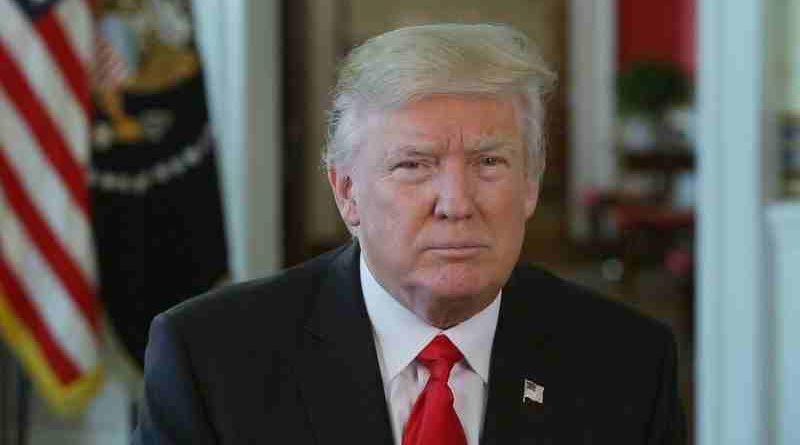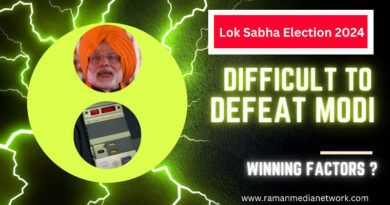The Dangerous Case of Donald Trump: Mental Illness

The consensus view of over two dozen psychiatrists and psychologists is that the U.S. President Donald Trump is dangerously mentally ill and that he presents a clear danger to the nation.
In a new book titled “The Dangerous Case of Donald Trump,” 27 psychiatrists and mental health experts have assessed the mental state of Trump. “This is not normal,” they say.
“Since the start of Donald Trump’s presidential run, one question has quietly but urgently permeated the observations of concerned citizens: What is wrong with him?”
Constrained by the American Psychiatric Association’s “Goldwater rule,” which inhibits mental health professionals from diagnosing public figures they have not personally examined, many of those qualified to answer this question have shied away from discussing the issue at all.
[ Donald Trump Is an Impotent Buffoon: North Korea ]
According to the book’s introduction, the public has thus been left to wonder whether he (Trump) is mad, bad, or both.
Meanwhile, in an online petition – which has collected nearly 64,000 signatures – mental health professionals declare that Trump is mentally ill and demand that he must be removed.
The mental health professionals believe that Trump manifests a serious mental illness that renders him psychologically incapable of competently discharging the duties of President of the United States.
[ Trump May Impose Tough Sanctions on Modi Regime in India ]
They urge in the petition that Trump should be removed from office according to Article 4 of the 25th amendment to the Constitution, which states that the President will be replaced if he is “unable to discharge the powers and duties of his office.”
In “The Dangerous Case of Donald Trump,” the mental health experts argue that in Mr. Trump’s case, their moral and civic “duty to warn” America supersedes professional neutrality.
They then explore Trump’s symptoms and potentially relevant diagnoses to find a complex, if also dangerously mad, man.
Philip Zimbardo and Rosemary Sword, for instance, explain Trump’s impulsivity in terms of “unbridled and extreme present hedonism.” Craig Malkin writes on pathological narcissism and politics as a lethal mix. Gail Sheehy, on a lack of trust that exceeds paranoia. Lance Dodes, on sociopathy. Robert Jay Lifton, on the “malignant normality” that can set in everyday life if psychiatrists do not speak up.
“His madness is catching, too. From the trauma people have experienced under the Trump administration to the cult-like characteristics of his followers, he has created unprecedented mental health consequences across our nation and beyond,” the experts warn.






